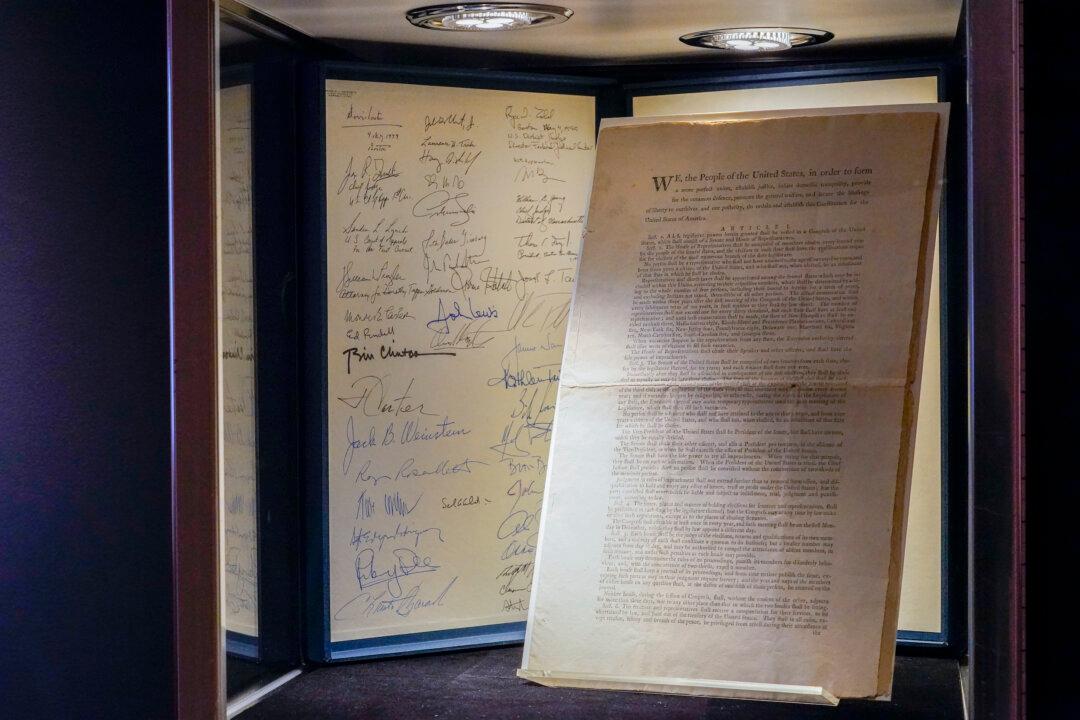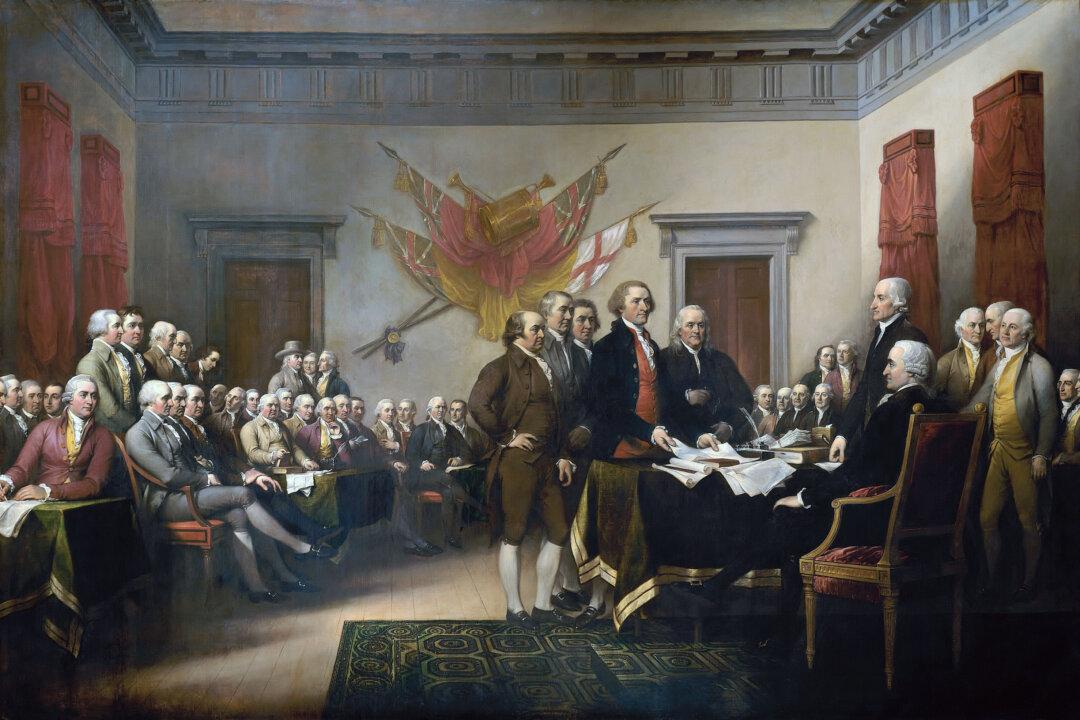Commentary
The origins of Black History Month go back to the influential historian Carter Woodson, who dedicated a week starting on Feb. 7, 1926, to the study, teaching, and remembrance of African American history in America. Later, this week was expanded to the entire month of February, which was when communities would celebrate the birthdays of both Abraham Lincoln and Frederick Douglass. Today, however, Black History Month has all but left history by the wayside, and has more accurately become a propaganda battlefield filled with ideologically charged attacks upon the United States, our Founders, and our principles.





